With time, the education framework has changed a lot. The world is connected and has become much smaller than it is, and now we have to think of everything in global terms, including education. And that is where the Cambridge Curriculum comes in. Today, we will discuss what this so-called ‘Cambridge Pathway’ is and why your school needs it to keep up with the world.
What is the Cambridge Curriculum
Based firmly on the idea of internationalizing the learning system at the undergraduate level, the Cambridge Curriculum is among the most recognized systems of education worldwide in numerous universities as well as industry-leading businesses. Amazingly, the Cambridge curriculum strikes the perfect balance between local culture and international imprinting.
Divided into four segments based on age, the Cambridge curriculum is a magnificent example of how education can be revolutionized with a great understanding of how the mind takes inputs. It is intended to envelop the learning curve from ages 5 years to 19. However, you can implement any one of the four segments in your school, regardless of whether you have the other segments or not.
The Cambridge Pathway
The full spectrum of the Cambridge curriculum is divided, as we mentioned, in four segments. Together they are called the Cambridge Pathway, and they are the best way to groom our children to face the world head-on. The segments are:
- Cambridge Primary (age 5-11): 10 subjects including English, Maths, Science
- Cambridge Lower Secondary (age 11-14): same as above, with advanced options
- Cambridge Upper Secondary (age 14-16): IGCSE (70 subjects) and O level (40 subjects)
- Cambridge Advanced (age 16+): AS & A level (55 subjects), AICE diploma
The Cambridge Curriculum is highly flexible and adaptive. It means that you can pursue your national boards in your schools as well as implement the Cambridge Pathway. Of course, this requires careful consideration about how to build a Cambridge Curriculum for your school, which we will discuss another time.

Why Cambridge Curriculum is Important
The curriculum is rewarding to students in all levels of intellect and it would motivate them to think on their own. It is both inspiring and challenging, shaping the young mind to be inquisitive and do research on their own. Furthermore, it combines deep subject knowledge with conceptual understanding at a grassroots level. Critical thinking and collaborative research are primary tools in navigating the Cambridge curriculum efficiently and effectively.
Internationally Sought-After
Needless to say, all of these skills are exactly what are sought by international universities and employers. These skills last a lifetime and are transferable as well. Shaped in this way from age 5 to 19, a successful student at the end of this curriculum would be primed to enter any of the most prominent universities around the world and in the country. Furthermore, a Cambridge certified student would make a most productive and efficient employee, recognized by almost any first-rate business.
The Cambridge curriculum and more specifically the IGCSE programme is one of the most commonly found educational systems worldwide. It is present in 160 countries in over ten thousand schools. Being so recognized and sought after, your children can adapt to any of those schools in most of the advanced and developing countries around the world. The broad and elaborate course structure enables school administrations to prepare a curriculum perfectly suited for their locals and yet keep it internationally competitive.

The Cambridge IGCSE certificate and O-level certificate are internationally recognized school leaving certificates, and with these certificates, your child can get enrolled in most of the well-known universities. Indeed, in some institutions, a Cambridge certificate is one of the mandatory requirements.
Furthermore, there is the Cambridge Global Perspectives program that may be integrated within the curriculum from the primary level. It is a unique skill-based subject, which guides children to think about everything in an international and global scale, instead of limiting their vision in a localized portion. It covers topics such as how countries interact, how goods and people are moved around the world to get things done, and how the planet Earth is shared by all of us. Naturally, this forms an intellectual and moral foundation that would in time make a very capable global citizen.
Flexible and Adaptive
As we have mentioned above, the Cambridge Curriculum is highly adaptive to the native existing system. While it is strongly based upon English being the primary language, it upholds the value of local lore and knowledge. To that end, your chosen segment of the Cambridge Pathway, like an IGCSE syllabus (let’s say) can be built upon local national level boards ‒ the more advanced the better. Our education experts believe that at present the ICSE syllabus would be the easiest to envelop in international educational systems like Cambridge and IB curriculums.

Cambridge Curriculum Structure
We have already mentioned that the Cambridge pathway is a 4-part programme planned for students at different ages. Each segment is divided into various stages, delimiting each phase of learning. Each stage has various kinds of assessments including verbal tests, coursework, and practical tests.
The Cambridge Primary programme is great for developing the basic understanding of all things natural and starting on the child’s basic skill set. It involves baseline subjects such as mathematics and science. English is the mandatory subject and fluency in it would be mandatory, but you are free to add a local language as well.
In the Cambridge Lower Secondary grade, students have a choice of up to 10 subjects. English, maths and science are still mandatory, but they can also dabble in interesting skill-building and recognition avenues such as arts, music, digital literacy, physical efficiency and such. The Global Perspectives program is also available at this level should you wish your kids to learn how the planet works.

The Cambridge Upper Secondary grade is the most popular among all Cambridge affiliated institutions since it offers the IGCSE (International General Certificate of Secondary Education) and O-level certificates. As mentioned above, they are the most accepted school leaving certificates noted worldwide. Your courses can be configured with over 70 subjects (including 30 languages) for these exams, developing branches like pure science, artistic skills, applied sciences, business and economics, etc. The varieties are endless and you can create your own courses like restaurant dishes!
IGCSE on its own is good enough to let students get into universities and specialize, however, it is recommended that they take two more years of Cambridge-grade education before they start university. This is namely the Cambridge A-level grade, a 2-year programme in which the students can select between 55 different courses to specialize on. These subjects are spread in groups of 4-5 over areas of arts, science, humanities, digital learning, technology and more.
The A-level is divided into two halves: the AS and the A2. Students can take the AS level as a standalone certificate which is quite good enough to begin a career. You can configure your course so that there are separate exams for both levels, or one exam for both. Either AS and A2 certificates are good tickets to many universities worldwide.

Wrapping Up
While it is tempting to integrate only the IGCSE certification into your school courses, experts don’t recommend it. You see, the Cambridge curriculum is designed to act as a ‘flow’, instead of being a disjointed modular system of education. It takes something of the previous segment and builds upon that in the next segment, and thereby maintaines a uniformity of learning stream and skill acquisition.
We hope this article about the Cambridge Curriculum was of use to you. We will discuss how to build up your school courses around the Cambridge Curriculum, and laboratory equipment for IGCSE in other articles. Stay tuned!
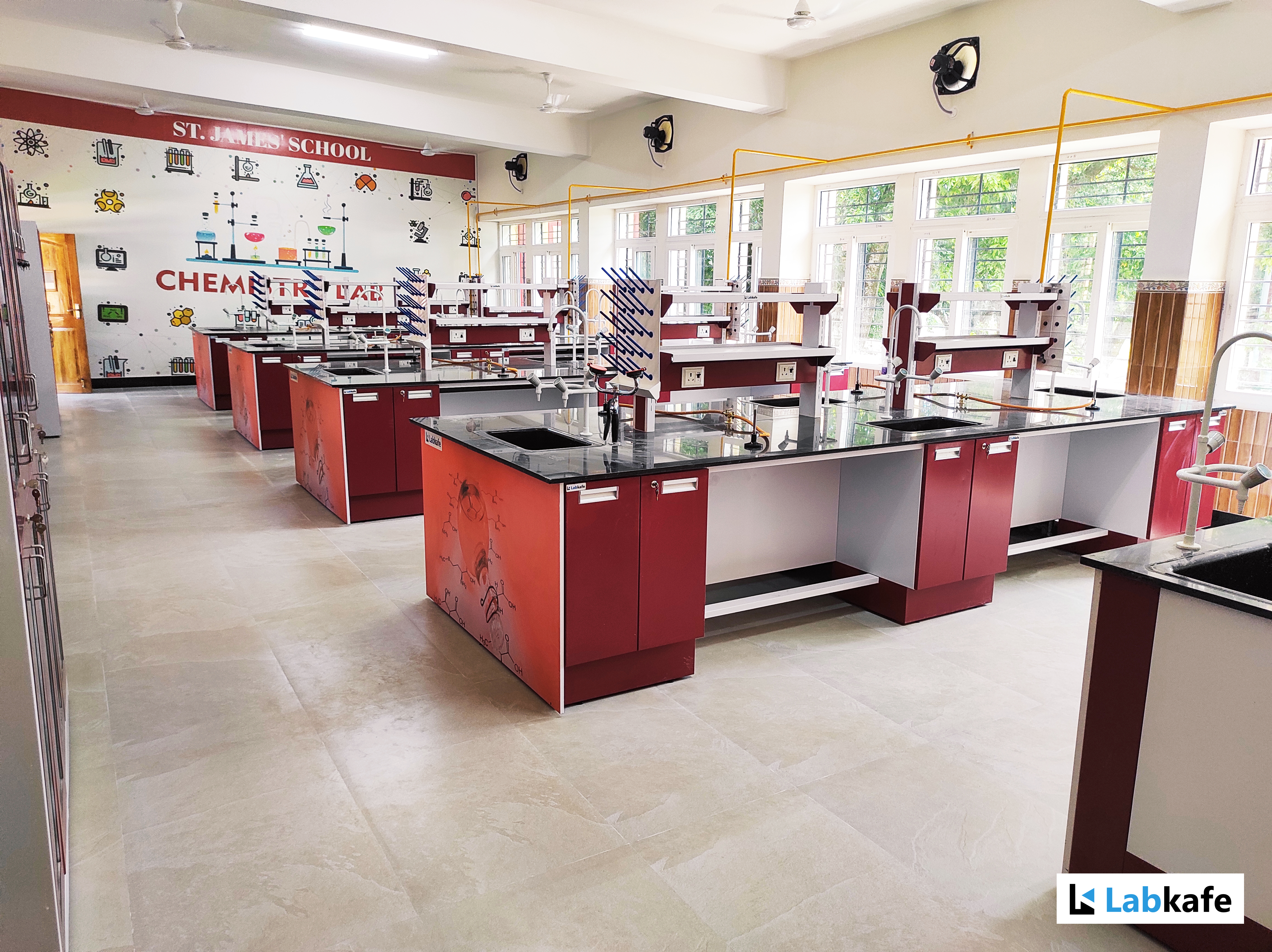




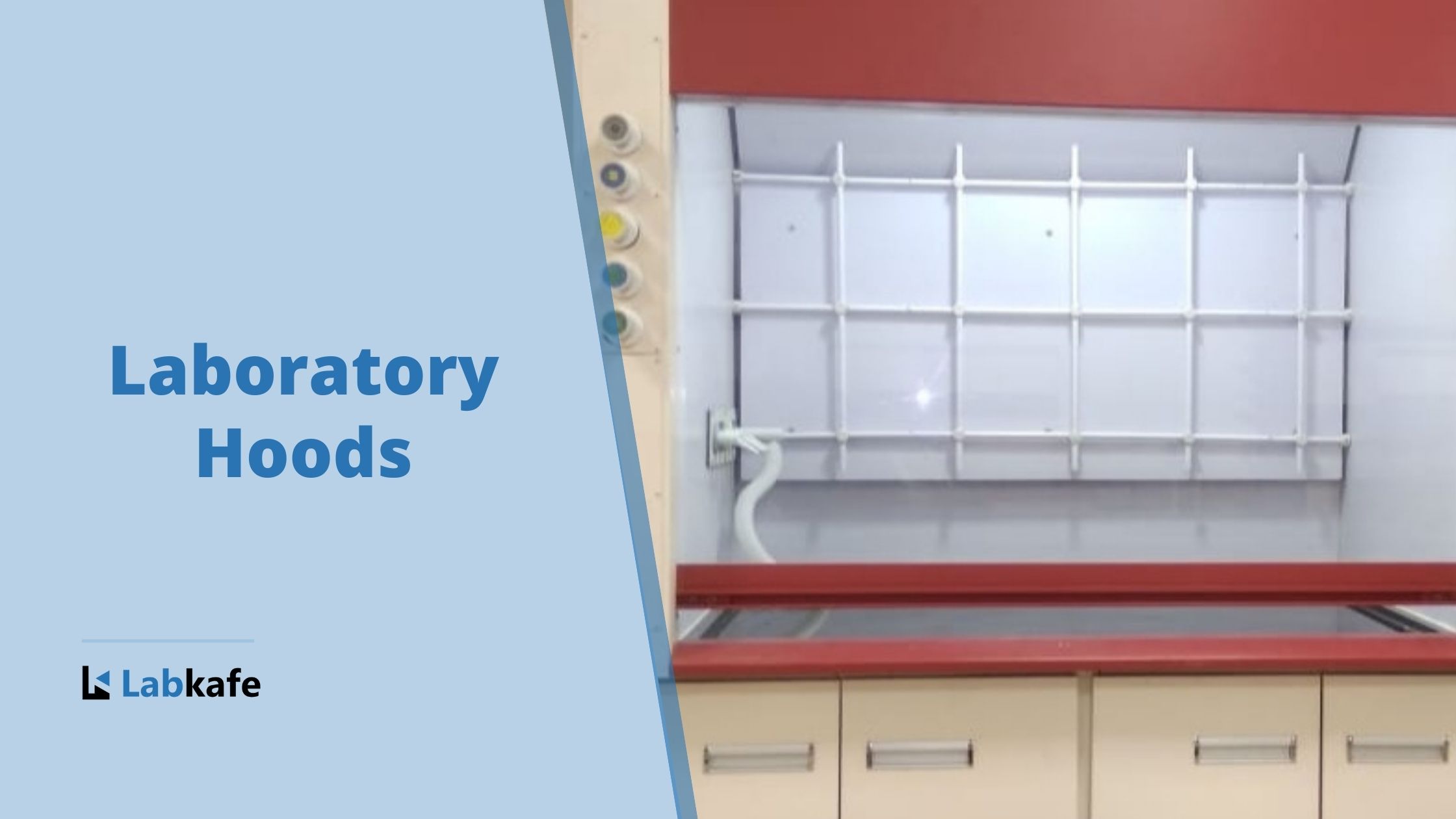

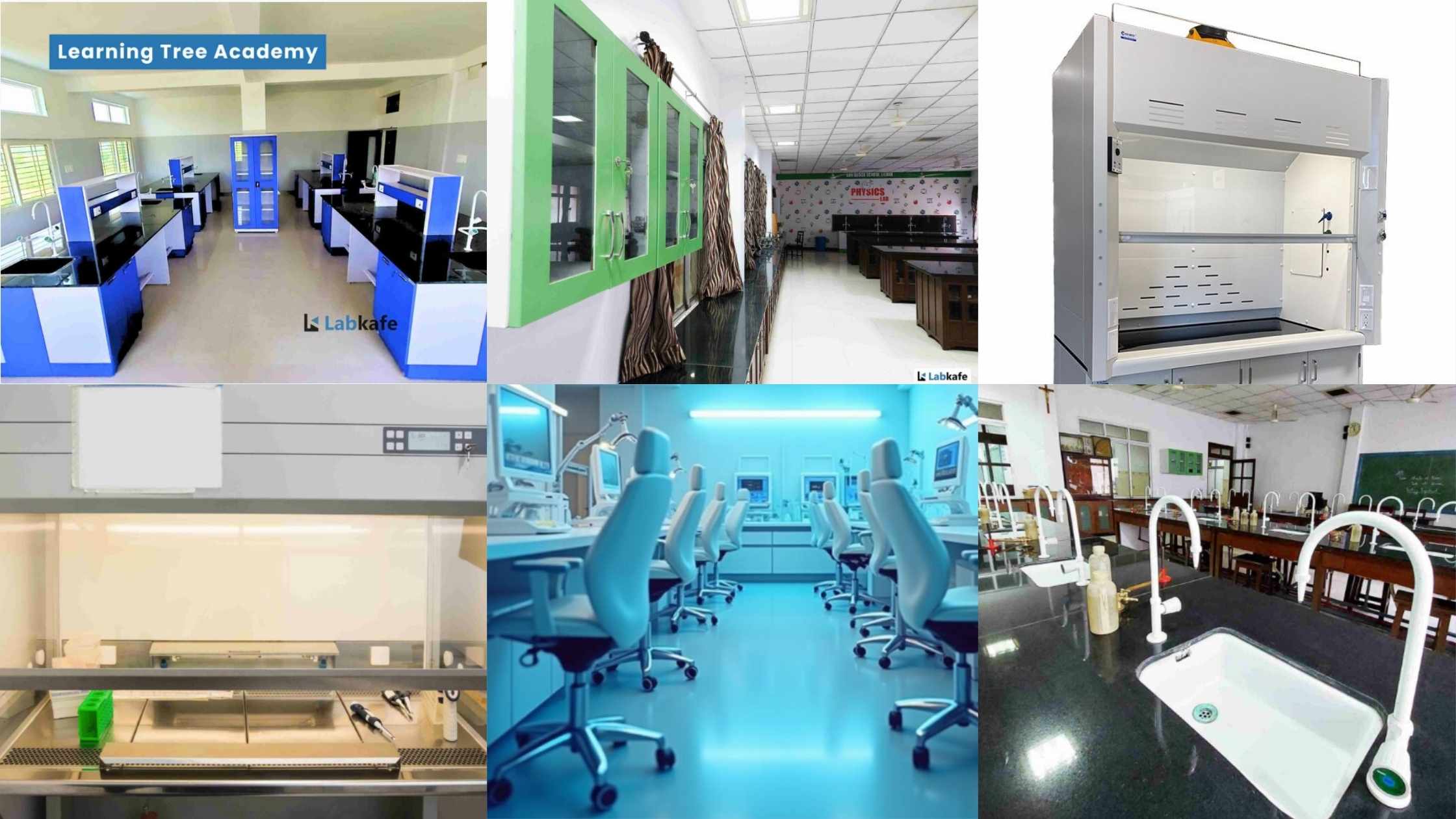

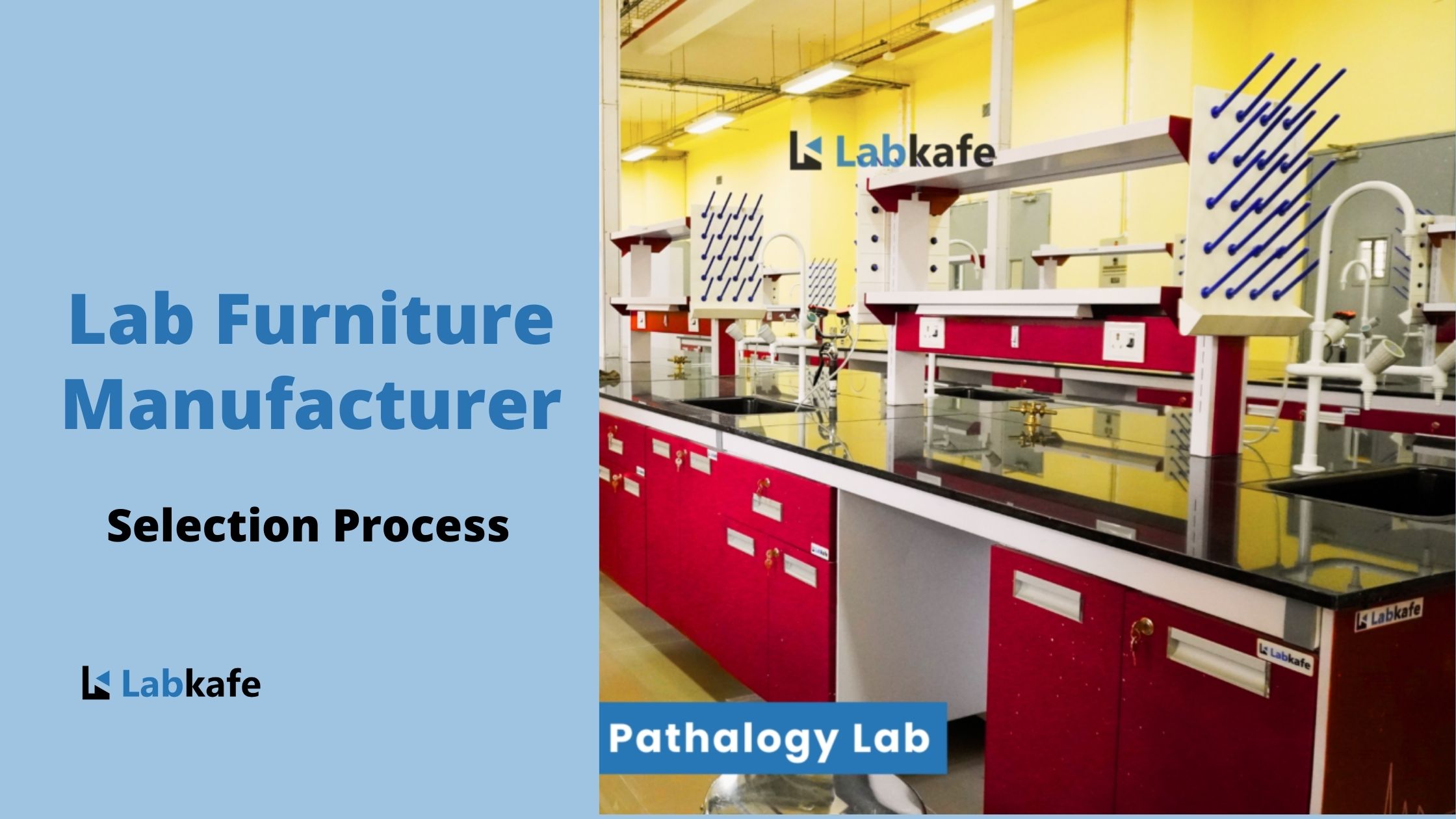
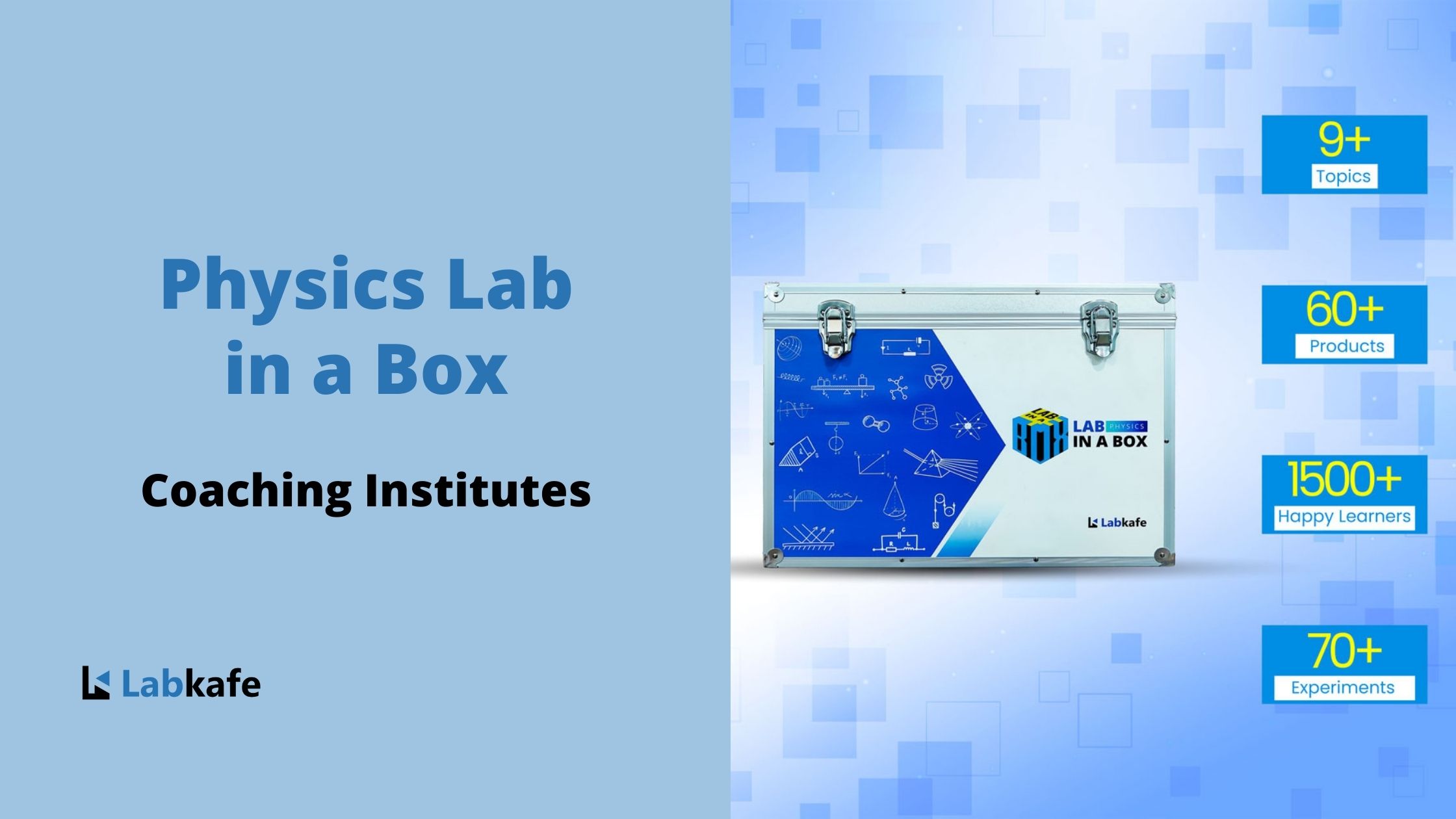

Leave a Reply